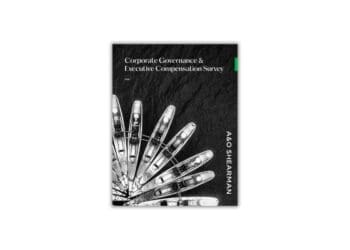4 Failings that Hold Candidates Back
Professionals seeking board appointments must be prepared to articulate their value proposition for the industry, company, and board at hand. Those who fall short in this regard often do so because of one of these four common failings. Tracy Houston outlines some of the key areas where director candidates can often use some work.
By: Tracy Houston
After an overwhelming response to my recent blog “Top 7 Challenges for Director Candidates,” I wanted to share a few more insights for director candidates. As a board consultant who does director search and offers a coaching engagement to help first-time candidates with a “directorship strategy” to gain a public company board seat, I hear from many director candidates who are experiencing the hard challenge of gaining a public company board seat. Oftentimes, I am offering words of encouragement. While I am happy to help, I also want to point out some of the “harsher” realities of what I see and hear from director candidates.
- Entitlement. This comes across as an attitude communicating “I have worked all my life and ‘deserve’ a board seat.” Compared to other candidates, who know the days of an honorary board seat are gone, this attitude represents a failure to commit to a full-fledged initiative, to confirm assumptions on their value at a board level and to complete the due diligence necessary to be a serious candidate.
- Locked in the past. This comes across as a lack of information about the changes in 21st century board composition and assumes that the good-old-boy system is still in place. Compared to other candidates, who have done research about board composition, there is dated belief that the tried and true has not changed.
- Lack of strategic alignment. This comes across as a lack of having a specific board-level value proposition linked to the industry sector, company size and current board composition. Compared to other candidates, who have a clear value proposition for a specific board and who clearly communicate how they will add value, it has a mud-on-the-wall approach, and the candidate is unable to verbalize in a succinct statement what he or she would bring to a board.
- Failure to communicate (reaching out and listening). This comes across as lack of a clear plan to keep in touch with important stakeholders, as well as a failure to keep track of previous board conversation high points. Compared to other candidates, who have a calendar and notes from board and stakeholder conversations, this is negligence in communication efforts and can be fatal.
Gaining a directorship means preparing for an extremely competitive environment. A director candidate had better know what sets them apart for the board seat they desire. For more information, see The Becoming a Public Company Director Board Guru™ eBook trilogy.



 Tracy E. Houston, M.A. is the President of
Tracy E. Houston, M.A. is the President of 









